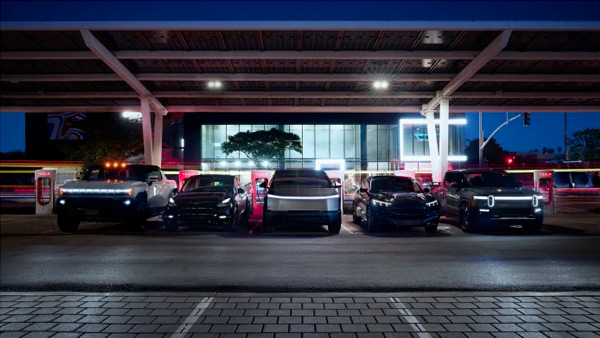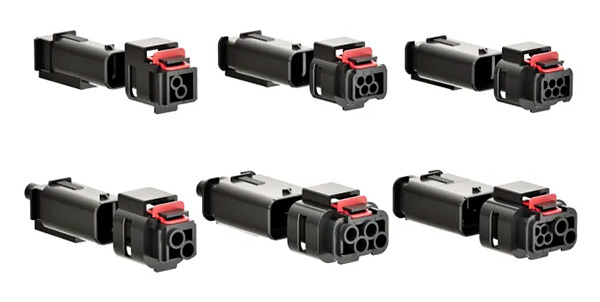Time:2024-11-08 Browse: 198

Tesla wants to change industry standards in manufacturing, and Tesla's latest proposal could be a game changer for the auto industry.
Recently, Tesla introduced its low-voltage Connector Standard (LVCS), which aims to reduce the variety of electrical connectors in vehicles to just six. The move is in response to the increasing complexity of vehicle electronics, with modern cars typically requiring more than 200 individual electrical connections.
Offering USB Type-C for cars, by simplifying connectivity, Tesla says it can reduce costs, simplify manufacturing and accelerate the industry's shift to sustainable energy.
"These six device connectors are designed to meet the power and signal requirements of more than 90 percent of typical electrical equipment applications." Tesla said.
The proposed new LVCS standard is reminiscent of USB Type-C, which has become the standard in many consumer electronics products, including Apple products, since the release of the iPhone 15. Having similar consistency across the automotive industry can make the process of replacing parts much simpler.

The Low-Voltage Connector Standard (LVCS) is the 48V architecture built for the future, and Tesla's LVCS uses the 48-volt architecture first seen in Cybertruck, which is more energy efficient than traditional 12-volt systems. Operating at 48 volts, the system uses only a quarter of the current at the same power, minimizing energy loss.
The architecture is designed to accommodate the next generation of autonomous driving systems, with features such as a single-line seal and an independent secondary locking mechanism. According to Tesla, the 48V system is the "best long-term option" for fuel-efficient cars, offering a future-proof solution that minimizes physical space and simplifies design.
Tesla hopes the rest of the industry will emulate Tesla's success with the North American Charging Standard (NACS) adopted by its supercharging network, which is now widely adopted across the industry, paving the way for this new proposal. However, the widespread acceptance of LVCS among manufacturers may pose more challenges, as automakers are generally less unified than charging ports when it comes to internal connectivity. Still, Tesla is inviting equipment suppliers and manufacturers to "join their initiative" to streamline the industry's electrical standards.
Copyright © 2024 Shanghai Hongtong Electronic Co., Ltd.